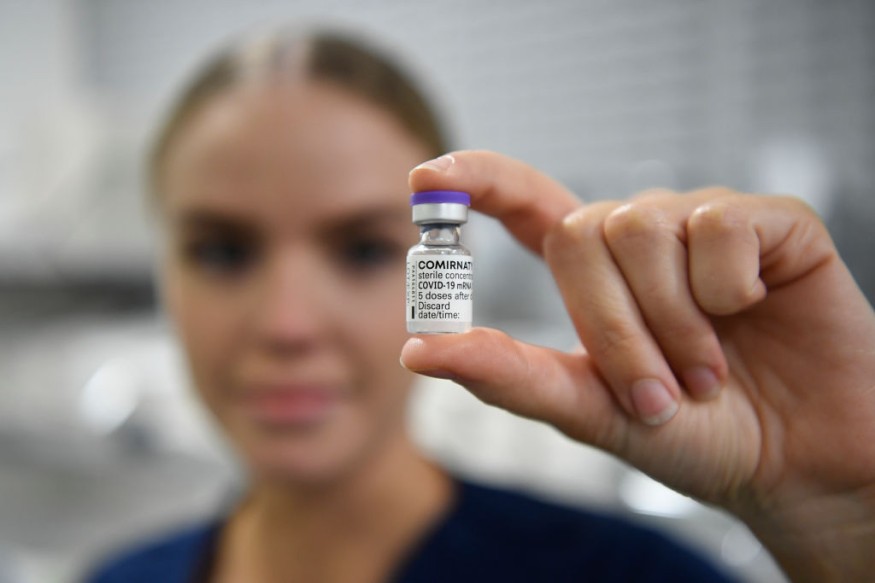
Recent scientific research explains why covid vaccine can slightly change a woman's period cycle and why anti-vaccine misinformation should be dismissed.
A US government-funded study did confirm that vaccinated women have slightly delayed period of almost a day compared to those who were unvaccinated, but is something not to "freak out" about. Subsequently, of nearly 4,000 participants in the published study, it was confirmed that the number of days of bleeding was not affected.
According to lead author Alison Edelman of the Oregon Health & Science University: the effects are small and expected to be temporary, a finding that is "very reassuring" as well as validating for those who experienced changes.
Findings also affirm that the slights changes are not clinically significant and any change of fewer than eight days is classified as normal by the International Federation of Gynecology and Obstetrics.
Immune system's response to the vaccine
Edelman points out that the immune system's response to the vaccine could be behind the change, aside from the natural fact that period cycles vary from one woman to another, and may also change during times of stress.
"We know that the immune system and the reproductive system are interlinked," said Edelman. A revved-up immune system might have an impact on the hypothalamic-pituitary-ovarian axis - what Edelman calls the "highway of how your brain talks to your ovaries, talks to your uterus," or simply the "body clock."
Scientifically speaking, the production of inflammatory proteins called cytokines appears to disrupt the way this axis regulates the timing of menstrual cycles.
In the study, some 2,400 vaccinated participants were included (55% received Pfizer, 35% received Moderna, and 7% received Johnson & Johnson), while about 1,500 were unvaccinated. The scientists used anonymized data from a fertility tracking app, among women aged 18 to 45 who were not using hormonal contraception.
Effect of vaccine to the cycle
Researchers collected data from vaccinated group using three consecutive cycles before vaccination and three more consecutive cycles, including the cycle or cycles in which vaccination took place. For unvaccinated individuals, data was collected for six consecutive cycles
The team discovered that changes seem most pronounced when vaccination takes place early in the follicular phase - the longest phase in the menstrual cycle - lasting from the first day of a period to ovulation, meaning the release of the egg. In fact, the group who received two injections of the Pfizer or Moderna vaccines during the same cycle, as opposed to two different cycles, saw an average increase of two days in their cycle.
Then again, the experts noted that the effect appears temporary, and their study was "designed to be flexible and to be periodically reviewed and modified as appropriate."
Hence, the team seeks to gather more data on subsequent cycles among vaccinated women "to harmonize the definitions of normal and abnormal bleeding symptoms and to classify and subclassify underlying their potential causes to facilitate research, education, and clinical care", as well as distinguish the underlying effects among vaccine brands.
© 2026 NatureWorldNews.com All rights reserved. Do not reproduce without permission.





